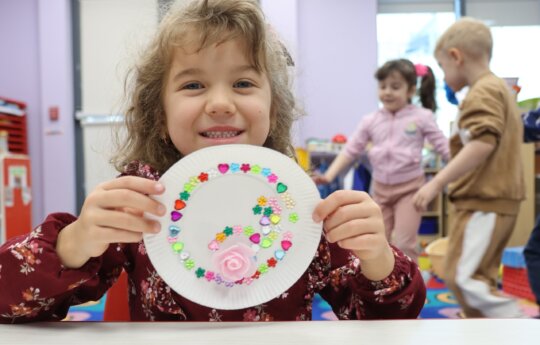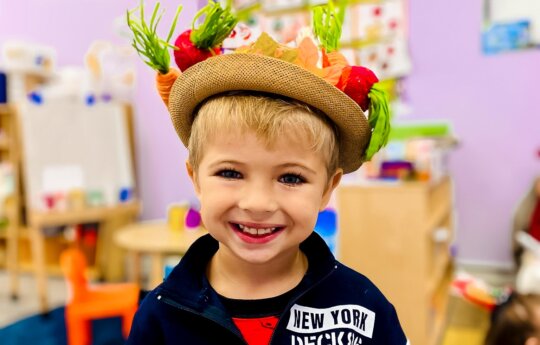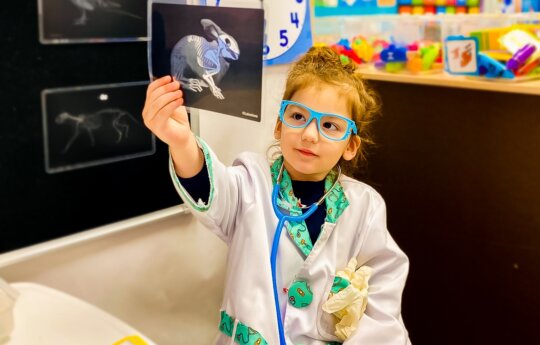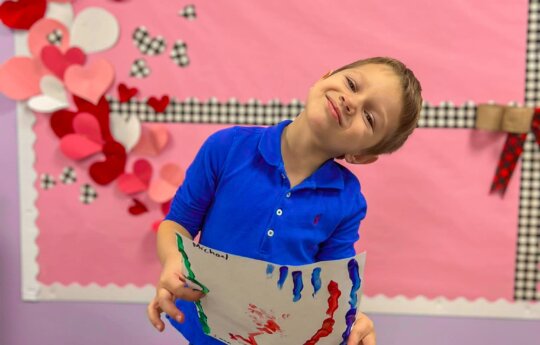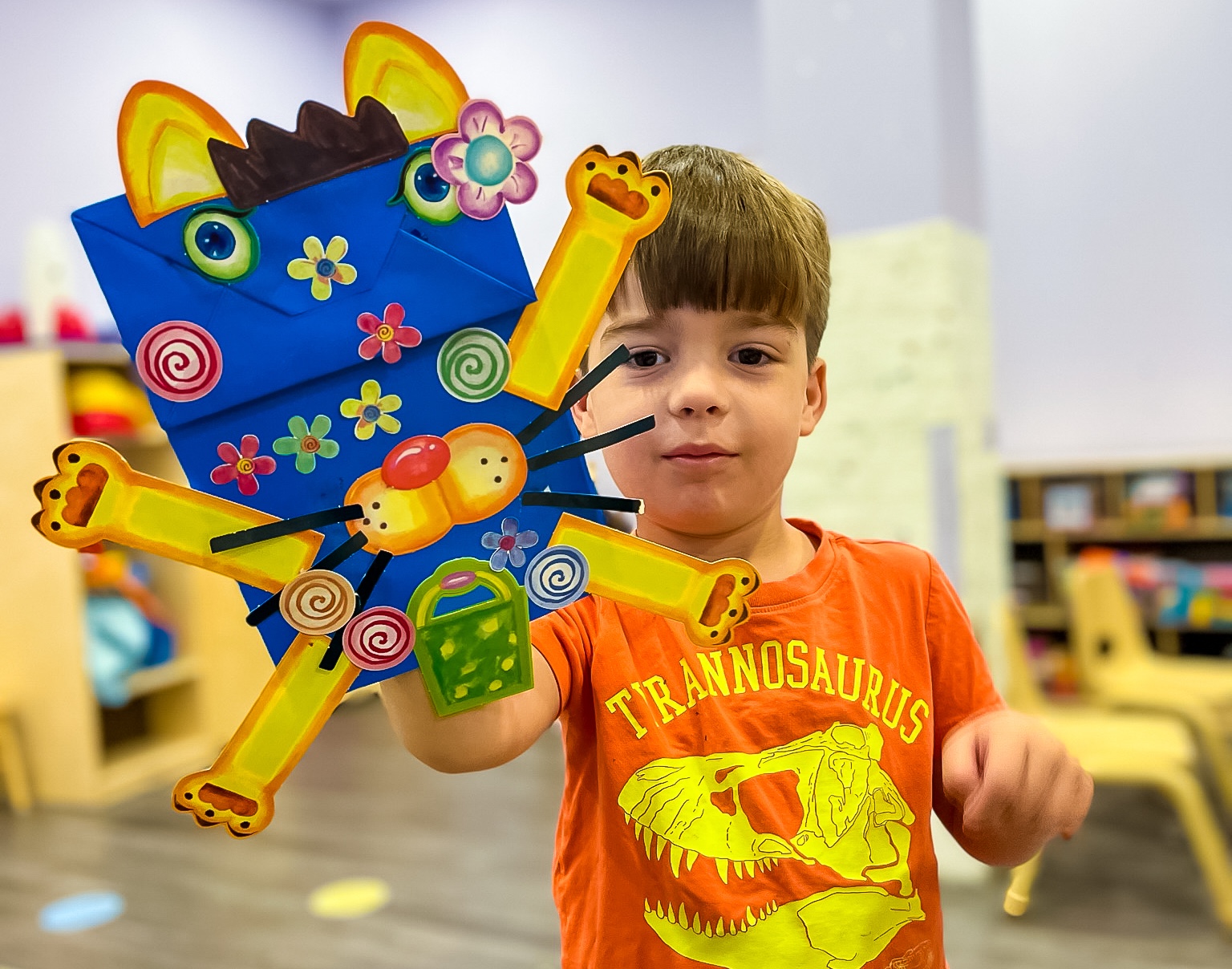
Welcome to a world where imagination knows no bounds, and creativity is the key to unlocking endless adventures. Here at Little Scholars, we believe in the Magic of Puppetry and its incredible impact on child development. Puppetry is not just an art form; it’s a gateway to a universe of stories, characters, and limitless possibilities. In this article, we will explore the enchanting world of Storytelling with Puppets, delve into Puppetry in Child Development, and guide you through DIY Puppet Making. By the end, we hope to inspire both parents and children to embark on a journey of Creative Puppetry for Kids.
Puppetry in Child Development: A Tool for Growth
Puppetry is more than just play. It’s a crucial tool in child development, fostering creativity, empathy, and communication skills. Through puppetry, children learn to express themselves, understand emotions, and develop storytelling abilities. It’s a form of Interactive Storytelling for Kids that encourages active participation and imaginative thinking, laying a foundation for lifelong learning and growth.
DIY Puppet Making: Unleashing Creativity
One of the joys of puppetry is creating your very own puppet characters. DIY Puppet Making is not only fun but also an excellent way for families to bond. With simple materials like socks, paper bags, and craft supplies, you can create a diverse cast of puppet characters. This hands-on activity enhances fine motor skills, sparks artistic expression, and paves the way for unique storytelling experiences.
Easy Puppet Crafts for Young Learners
Start with simple designs to keep young learners engaged. Here are a few ideas:
- Sock Puppets: Transform a sock into a talking character with buttons for eyes and yarn for hair.
- Paper Bag Puppets: Decorate paper bags with markers, felt, and googly eyes to create quirky characters.
- Stick Puppets: Attach drawings or cutouts to popsicle sticks for easy-to-manage puppets.
Creative Puppetry for Kids: A World of Stories
Once you have your puppets, the real magic begins. Creative Puppetry for Kids is all about bringing stories to life. Encourage your children to create their tales or retell their favorite stories through their puppets. This activity not only enhances Children’s Storytelling Techniques but also boosts confidence and verbal skills.
Educational Puppet Activities
Incorporate educational themes into your puppet shows. Here are some ideas:
- Story retelling: Choose a favorite book and have the puppets act it out.
- Moral stories: Teach valuable lessons through simple, moral-based stories.
- Historical tales: Explore history with puppets representing historical figures.
Storytelling and Puppetry in Early Education
Incorporating Storytelling and Puppetry in Early Education is vital. It’s a captivating way to introduce concepts, narrate stories, and engage young minds. Educators at Little Scholars use puppetry to make learning more dynamic and interactive. It’s a unique approach that supports emotional and social development while making education fun and memorable.
Encouraging Creativity with Puppetry in Kids
Encouraging Creativity with Puppetry in Kids is at the heart of what we do. We believe that every child has a story to tell and that puppetry provides the perfect platform for them to share their ideas, dreams, and fantasies. It’s not just about the puppets; it’s about the stories they inspire and the skills they nurture.
Conclusion
Puppetry is a magical art form that opens doors to new worlds, characters, and adventures. It’s an invaluable tool in child development, encouraging creativity, expression, and learning. At Little Scholars, we are committed to fostering these skills through our interactive and educational programs. If you’re inspired to explore the Magic of Puppetry and dive into the world of Storytelling with Puppets, we invite you to join our Little Scholars programs. Let’s create, learn, and grow together through the enchanting art of puppetry!
Related Insights
Creative Dramatics: Encouraging Pretend Play and Imagination in Early Childhood
Understanding and Supporting Social-Emotional Development in Young Children

